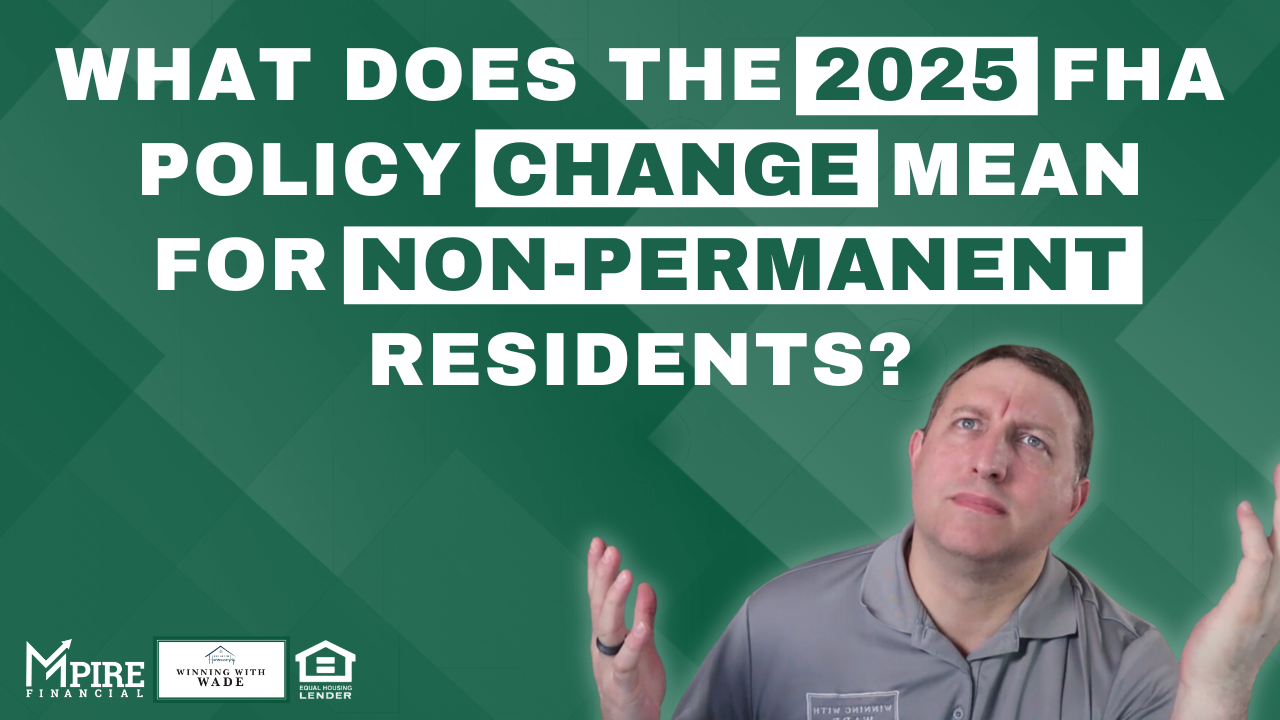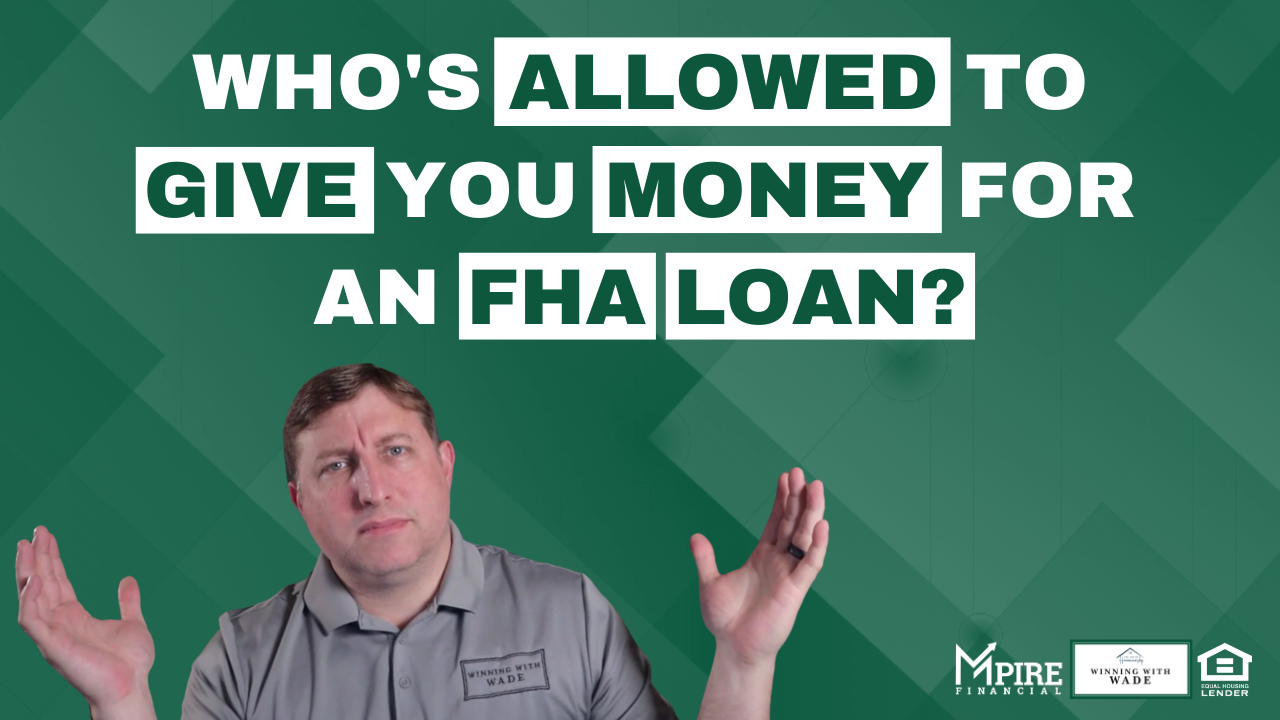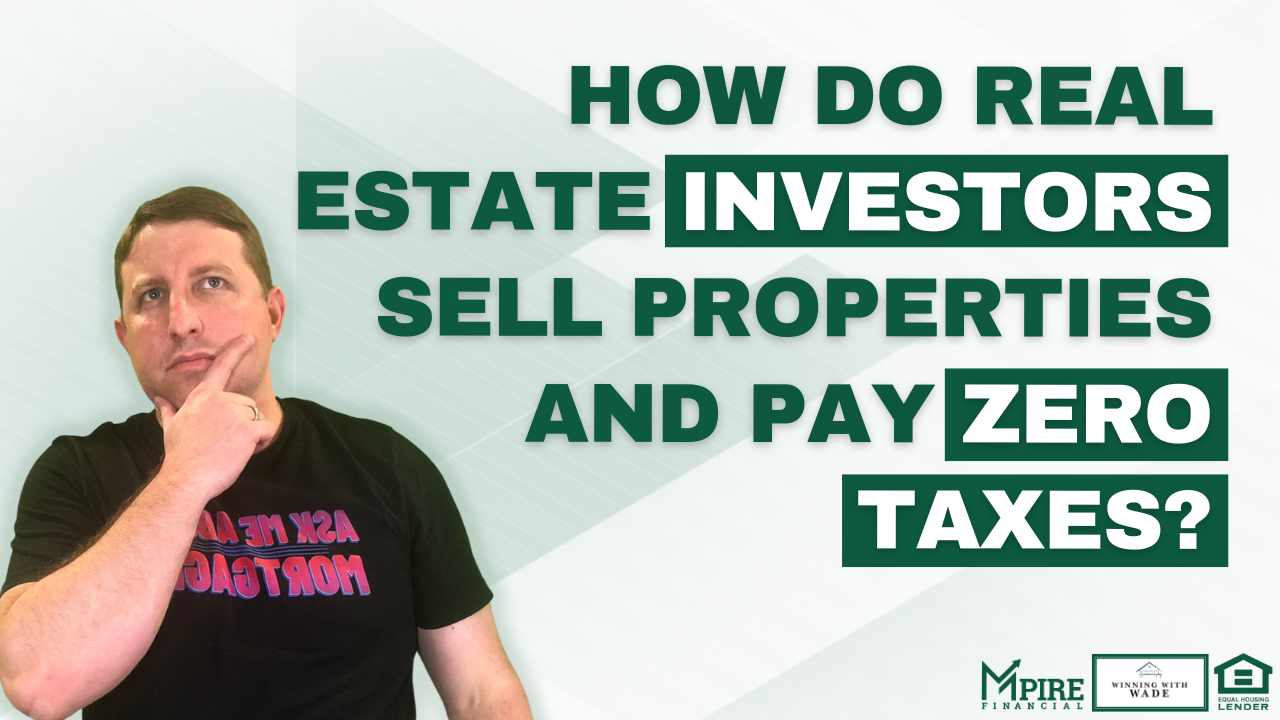The Federal Housing Administration (FHA) has long been a vital tool for helping Americans achieve…
Hidden Upfront Costs of Buying a Home?
Hidden upfront costs take into consideration all of the little expenses that you may not have considered when making the decision to become a homeowner.
When it comes to buying a home, most people are familiar with the concept of a down payment. However, fewer buyers fully understand the other upfront costs involved in purchasing a house.
These costs, while smaller than a down payment, can still make a significant dent in your budget if you’re not prepared.
In this article, we’ll discuss three key upfront costs you need to be aware of: earnest money, home inspections, and appraisal fees. By understanding these expenses, you can be financially ready to confidently move forward with your home purchase.
1. Earnest Money
What Is Earnest Money?
Earnest money is a deposit you submit alongside your accepted offer on a home. It demonstrates to the seller that you’re serious about purchasing their property.
Without it, buyers could make offers on multiple homes, back out without penalty, and leave sellers in a bind.
This deposit acts as a good-faith gesture and provides sellers with peace of mind. If you cancel the contract for reasons not outlined in the agreement, you may risk losing your earnest money.
How Much Should You Save?
Plan to save at least 1% of the home’s purchase price for earnest money. For example, if you’re buying a $300,000 home, your earnest money deposit would likely be around $3,000.
- Competitive Markets: In hot housing markets, you may need to offer more than 1% to strengthen your offer.
- Buyer’s Markets: In less competitive conditions, you might negotiate a lower earnest money deposit.
Pro Tip: Earnest money is typically credited toward your final costs at closing.
2. Home Inspection Costs
Why Are Home Inspections Important?
A home inspection is essential for identifying potential issues with the property before finalizing your purchase. A licensed inspector will evaluate the condition of the home’s foundation, roof, electrical system, plumbing, and more.
How Much Do Home Inspections Cost?
On average, home inspections cost between $350 and $500. The exact price depends on factors such as:
- The size of the home: Larger homes require more time and effort to inspect.
- The location: Inspections in high-cost areas, such as California or New York, may be more expensive.
Note: Unlike earnest money, inspection fees are typically non-refundable, even if the deal falls through.
3. Appraisal Fees
What Is a Home Appraisal?
An appraisal determines the market value of the home you’re buying. Lenders require appraisals to ensure the home is worth the amount you’re borrowing.
When Do You Pay the Appraisal Fee?
The appraisal usually happens after the home inspection and is the last upfront cost you’ll pay before closing.
What Does It Cost?
The average appraisal fee ranges between $300 and $500, though costs may vary based on location and the complexity of the property.
Can You Get Your Money Back?
While many upfront costs are non-refundable, there are scenarios where buyers can recoup some of their expenses.
Earnest Money Refunds
If the seller agrees to pay a portion of your closing costs, you may receive your earnest money back at closing.
Appraisal Fee Refunds
Appraisal fees are generally credited toward your closing costs.
Home Inspection Refunds
While rare, some lenders may reimburse you for home inspection costs if you provide a receipt. It’s worth asking your lender about this possibility, as one buyer in the example above was able to recover their inspection fee.
How to Minimize Upfront Costs
- Negotiate with Sellers: Ask the seller to cover some or all of your closing costs. This is more likely in a buyer’s market or when working with builders.
- Choose the Right Loan Program: Certain loan programs, like VA, or USDA loans, provide 100% financing, eliminating the need for a down payment.
- Plan Ahead: Budget for these upfront costs early in the home-buying process.
Final Thoughts
Understanding these upfront costs will help you prepare financially and avoid surprises during the home-buying process. Whether it’s earnest money, home inspections, or appraisal fees, having a clear plan in place will make your journey to homeownership smoother and less stressful.
If you’re working with a lender or realtor, don’t hesitate to ask questions about how these costs might be refunded or credited at closing. And remember, every dollar saved upfront brings you closer to achieving your dream of homeownership.
FAQs: Upfront Costs When Buying a Home
1. What is earnest money, and why is it necessary?
Earnest money is a deposit you provide when your offer is accepted. It shows the seller that you are serious about purchasing the home.
Without it, buyers could back out of contracts with little to no consequence. If you proceed with the purchase, the earnest money is typically credited toward your closing costs.
2. How much earnest money do I need to save?
A general rule of thumb is to save 1% of the home’s purchase price for earnest money. For example, on a $300,000 home, you would need about $3,000. However, in competitive markets, you may need to save more, while in less competitive markets, you might be able to negotiate a lower deposit.
3. What happens to my earnest money if the deal falls through?
If the deal falls through for reasons outlined in your contract (e.g., the home fails inspection or financing falls through), you may be able to get your earnest money refunded. However, if you back out for reasons not covered in the contract, you risk losing your earnest money.
4. Why do I need a home inspection?
A home inspection ensures you’re aware of the home’s condition before completing the purchase. Inspectors check major systems such as the foundation, roof, plumbing, and electrical to identify any issues that could affect your decision to buy or the home’s value.
5. How much does a home inspection cost?
The average cost of a home inspection ranges between $350 and $500, depending on the size and location of the property. Larger homes or homes in high-cost areas like California or New York may have higher inspection fees.
6. Are home inspection fees refundable?
Home inspection fees are typically non-refundable, even if you choose not to proceed with the purchase after the inspection. However, some lenders may reimburse this cost if you provide a receipt, so it’s worth asking.
7. What is a home appraisal, and why do I need one?
A home appraisal determines the market value of the property you’re buying. Lenders require appraisals to ensure the home is worth the loan amount you’re requesting. This protects both the lender and the buyer from overpaying for the property.
8. How much does a home appraisal cost?
The average cost of a home appraisal is between $300 and $500. The cost can vary depending on the property’s size, location, and complexity.
9. When do I pay for the home appraisal?
You typically pay for the appraisal upfront after the home inspection process is completed. If the deal falls through before closing, you will not be reimbursed, but the fee is credited toward your closing costs if the deal proceeds.
10. Can I get my appraisal fee refunded?
No, appraisal fees are generally non-refundable unless the lender credits the amount at closing as part of your overall costs.
11. How can I get some of my upfront costs refunded?
If the seller contributes to your closing costs, you may receive credits at closing that refund part or all of your earnest money and appraisal fees. In rare cases, lenders may also refund inspection fees if you provide receipts.
12. How can I reduce my upfront costs?
- Negotiate with the seller: Ask them to cover part or all of your closing costs.
- Explore loan programs: Some programs, such as those from Navy Federal, offer 100% financing, eliminating the need for a down payment.
- Save in advance: Budget for these upfront costs early in the home-buying process.
13. What should I do if I can’t afford these upfront costs?
If you’re concerned about covering these costs, discuss your options with your lender or real estate agent. They can guide you toward assistance programs, low- or no-down-payment loan options, or strategies to negotiate seller contributions.
14. What happens if the seller covers my closing costs?
If the seller covers your closing costs, you may get a refund of your earnest money, appraisal fee, and, in rare cases, your home inspection fee at closing. This can significantly reduce your out-of-pocket expenses.
15. What’s the best way to prepare for these upfront costs?
Start saving early! Budget for at least 1% of the home’s purchase price for earnest money, $350–$500 for home inspections, and $300–$500 for appraisals. Having these funds ready ensures a smoother buying process and eliminates surprises.




